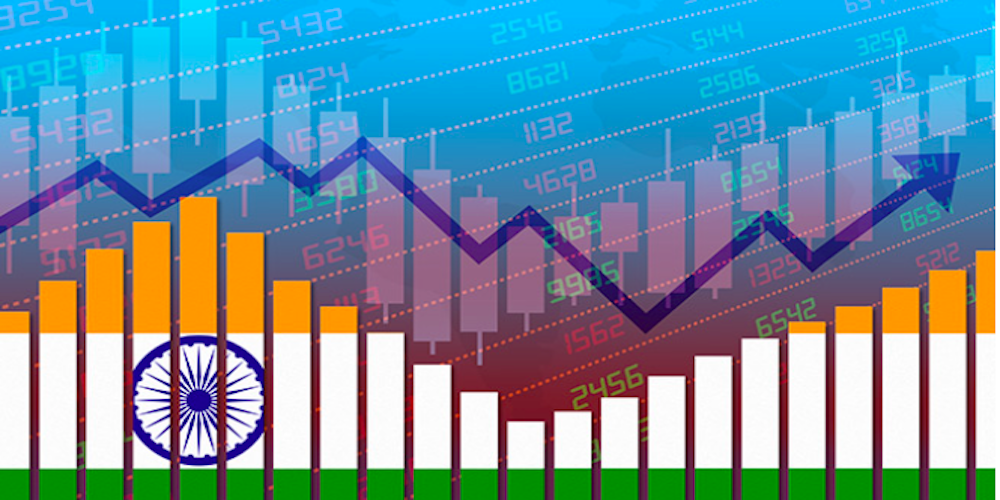Time to go big: Promoting an equitable economic recovery

Beyond nearly four million deaths, COVID-19 has also precipitated a profound economic crisis. 2020 saw global economic output shrink by 3.3%, 88 million people fall into extreme poverty, and 111 million become food insecure. Now, even as wealthier nations start to bounce back, we are seeing a great divergence between them and the rest of the world—one that, as Oxfam International put it, threatens “the biggest rise in inequality since records began.”
In response to the pandemic, the United States has mobilized domestic stimulus equivalent to roughly 27% of its GDP since March 2020. But the world’s 32 lowest-income countries have only been able to activate less than 2% of their (much smaller) GDPs. In fact, domestic revenues in developing countries dropped by nearly US$1 trillion in 2020. So even as the U.S. looks to surpass its pre-COVID-19 GDP in 2021, most regions of the world will lose 6% to 7% of theirs.
Without dramatic action, the long-term negative economic and social impacts of the pandemic, often referred to as “scarring” by economists, will cause even more long-term damage in the developing world: Fewer jobs, lower earnings, poorer health, and more deaths among those already hardest hit. Women and other traditionally marginalized groups almost always bear the brunt of such scarring because of both their already precarious position in societies and the coping strategies they are forced to adopt, such as cutting back on food and selling what few productive assets they may possess. This feeds a vicious cycle that further diminishes quality of life and overall economic growth.
Anything less will endanger the global economy and the health and well-being of billions of people.
To help encourage a truly ambitious and inclusive recovery, our foundation has released a white paper titled Opportunity and an Equitable Economic Recovery. During our consultative process, we heard loud and clear that economic recovery is a vital priority for developing countries even as we continue to fight the pandemic, and our team tried to identify what investments are especially crucial for protecting human capital, jumpstarting growth, and bending policies toward inclusion. The paper offers a series of (by no means exhaustive) policy recommendations to catalyze inclusive growth as well as practical steps for financing them. The recommendations include:
Focus on primary health care. COVID-19 reversed decades of progress in global health, particularly for women, children, and teens. Given the high return on investments in primary health care—every $1 spent on childhood immunizations brings an estimated $44 in returns—we recommend that two out of every three health care dollars are spent on strengthening it.
Invest in education. COVID-19 has decimated education in the developing world, and millions of students are at risk of never going back to school. To prevent a “lost generation,” along with decades of resulting economic harms, governments must develop national action plans that get kids back to learning and help them catch up.
Unleash productivity through nutrition. Improving nutrition is another high-impact way to boost children’s health and performance on a wide range of indicators, which benefits entire societies over the long haul. We urge more investments in proven approaches such as fortifying food with micronutrients and reaching women and children in the critical first 1,000 days of a child’s life.
Harness agriculture for growth. Because 65% of Africa’s workforce is in agriculture, growth in this sector has a multiplier effect across the economy. By doubling donor investment in agriculture, we can help 545 million small-scale farmers double their incomes and better adapt to the changing climate.
Make digital payments the default. A robust digital system is increasingly essential to every element of the modern economy. Building out digital software, data, and skills infrastructure can help ensure that cash gets to wherever it’s needed and no worker is caught on the wrong side of the digital divide.
Put women at the center of policy. Globally, women have been nearly twice as likely to lose their jobs during COVID-19 as men. They are also much more likely to handle care responsibilities and much less likely to have access to subsidies and benefits. Policies that put women at the center can help redress longtime gender disparities and unleash the potential of half the world’s population.
Improve the policy architecture of growth and inclusion. Two facets of the policy architecture are particularly vital to an equitable recovery: Securing broad agreements on fairer, more inclusive tax and fiscal systems and continuing the push for data for development.
Without concerted efforts by wealthier nations to mobilize funding for developing countries as they continue to deal with the grave economic fallout of the pandemic, a generation of progress could be lost. Along with policies, our white paper encourages the aggressive deployment of funding mechanisms such as the International Monetary Fund’s special drawing rights, increased official development assistance levels, increased support from multilateral development banks, and debt relief to help nations that are under mounting economic duress.
We hope this paper will contribute to a growing global discourse about what it means to turn hopes for an equitable recovery into a reality and to ensure that post-COVID-19 economies work for everyone.
(Bill & Melinda Gates Foundation)



